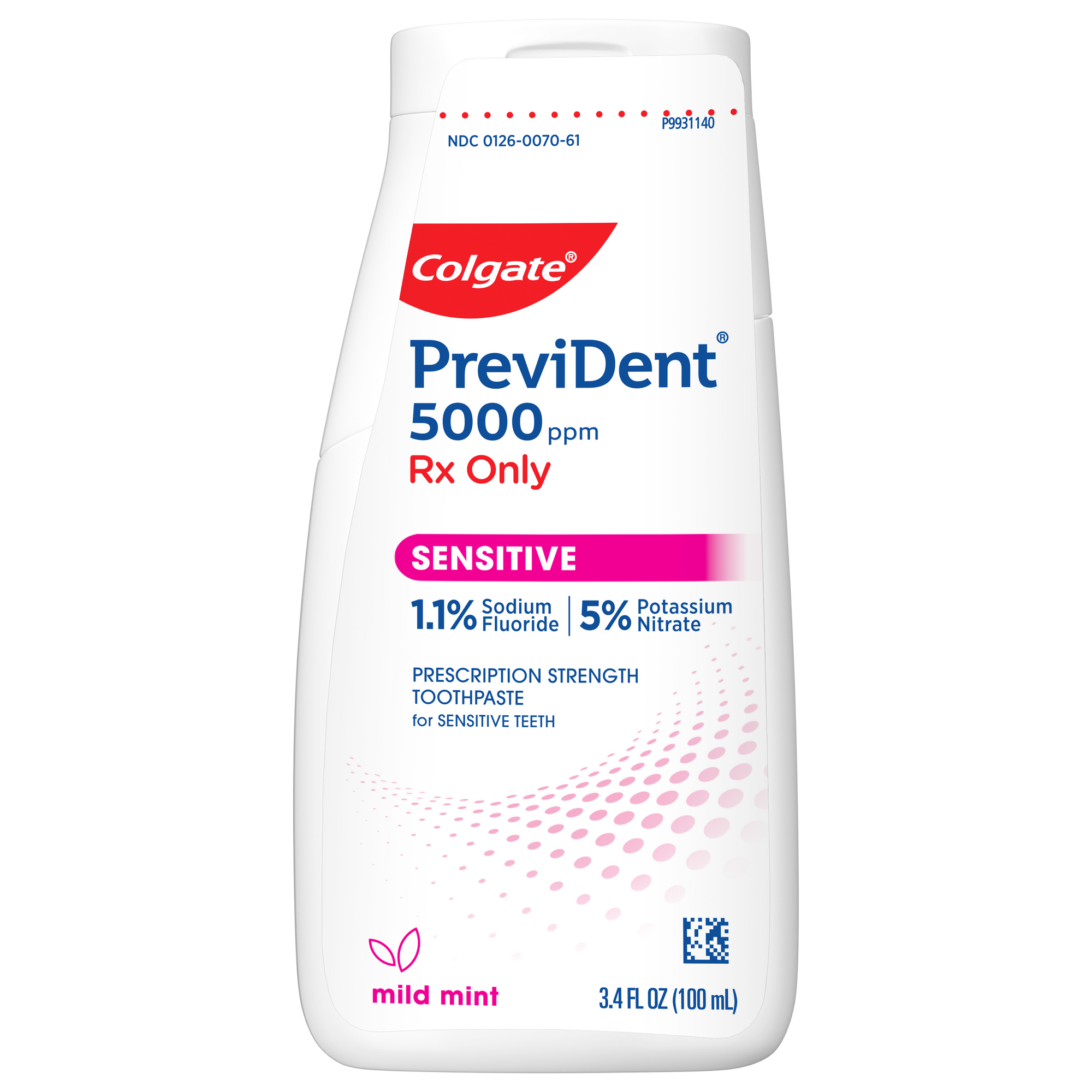Why Treat Dry Mouth?
If you’ve experienced dry mouth before, you understand it can be uncomfortable or make it difficult to speak, swallow, and eat. Did you know that dry mouth (also known as xerostomia) can also increase your risk of developing other dental problems?
Dry mouth is caused by a lack of saliva, which is produced by hundreds of minor and major saliva glands around your mouth. Saliva helps your mouth stay healthy by washing away food, strengthening your enamel with minerals, and preventing cavities and gum disease.
What that means for your dental health is by treating or preventing dry mouth, you’re doubling up by helping to reduce your risk of developing more serious dental problems.
Your Dentist Professional Is a Valuable Resource
It can be a challenge to commit to scheduling an appointment with your dental professional, but you’ll be glad to have made a healthy choice for your dry mouth and long-term health. Dry mouth has many causes, so it can difficult to determine on your own. You might experience dry mouth from medication, dehydration, after the dentist, or for a host of other reasons.
Your dental professional is an irreplaceable resource for oral ailments of all kinds for several reasons. Not only do they have expert knowledge and training, but they also have access to your individual health and dental history that’s priceless in determining the cause and treatment for your condition.
Proper diagnosis and treatment recommendations require weighing your individual symptoms, health history, and needs. Dental professionals are highly trained to provide just this service. Utilizing them will save you difficulty (and money!) down the line by helping to prevent other dental problems.
Common Questions
Your dental professional is likely to ask you a series of questions to help narrow down the cause of your dry mouth and the best course of action for preventing or treating it.
Common questions asked by your dental professional include:
- What medications and drugs do you take? Many medications have dry mouth as a common side effect, so it’s important to be honest about any prescription, over-the-counter, or illegal drugs that you take. Your dental professional is there to help you, not to judge.
- What medical conditions do you have? Dry mouth is a symptom of a wide array of medical conditions, including diabetes and Sjögren's syndrome. Be sure to be as thorough as possible with your medical history as a surprising detail could be relevant.
- Have you ever had radiation therapy? A history of receiving radiation, especially in the head or neck, is likely to be associated with dry mouth.
- Do you smoke or use tobacco products? It’s a common complaint of those who use these products to experience dryness in the mouth.
- How much alcohol and caffeine do you drink? The consumption of alcohol or caffeine can lead to dehydration and cause dry mouth.
At-Home Actions You Can Take
To prevent or treat dry mouth, your dental professional may recommend:
- Increasing water consumption to prevent dehydration, especially before bed
- Avoiding or limiting alcohol, caffeine, and tobacco products
- Rinsing with water or mouthrinse after meals
- Adjusting your medication dosage under professional supervision
- Using a humidifier, especially when sleeping
- Scheduling regular visits to your dentist or dental hygienist
Important note: If a medication you take is associated with dry mouth, be sure only to adjust your dosage or stop taking it as directed by a dental or medical professional.
Dental Professional Recommended Products
In addition to helpful tips, your dental professional may recommend products available to help with dry mouth or prevent associated problems.
Products your dental professional may recommend for dry mouth include:
- Dry mouth gel: These gels help stimulate saliva production or mimic some of the effects of saliva by keeping your mouth moist.
- Medicated mouthrinse: Some mouthrinses on the market contain ingredients that can help fight dry mouth or prevent tooth decay.
- Fluoride products: Toothpaste and other items that contain fluoride will help strengthen your teeth and prevent cavities.
- Sugar-free gum: It might surprise you to know that chewing sugar-free gum is a great way to promote saliva production.
A good lesson to keep in mind is that dental professionals are at your disposal to assist with any oral difficulty you may experience. It can be stressful for some to see a dental professional, but you shouldn't have to deal with conditions like dry mouth on your own. You're now prepared to get the most out of your dental appointment and help stop dry mouth in its tracks.
This article is intended to promote understanding of and knowledge about general oral health topics. It is not intended to be a substitute for professional advice, diagnosis or treatment. Always seek the advice of your dentist or other qualified healthcare provider with any questions you may have regarding a medical condition or treatment.
ORAL HEALTH QUIZ
What's behind your smile?
Take our Oral Health assessment to get the most from your oral care routine
ORAL HEALTH QUIZ
What's behind your smile?
Take our Oral Health assessment to get the most from your oral care routine







.jpeg)







